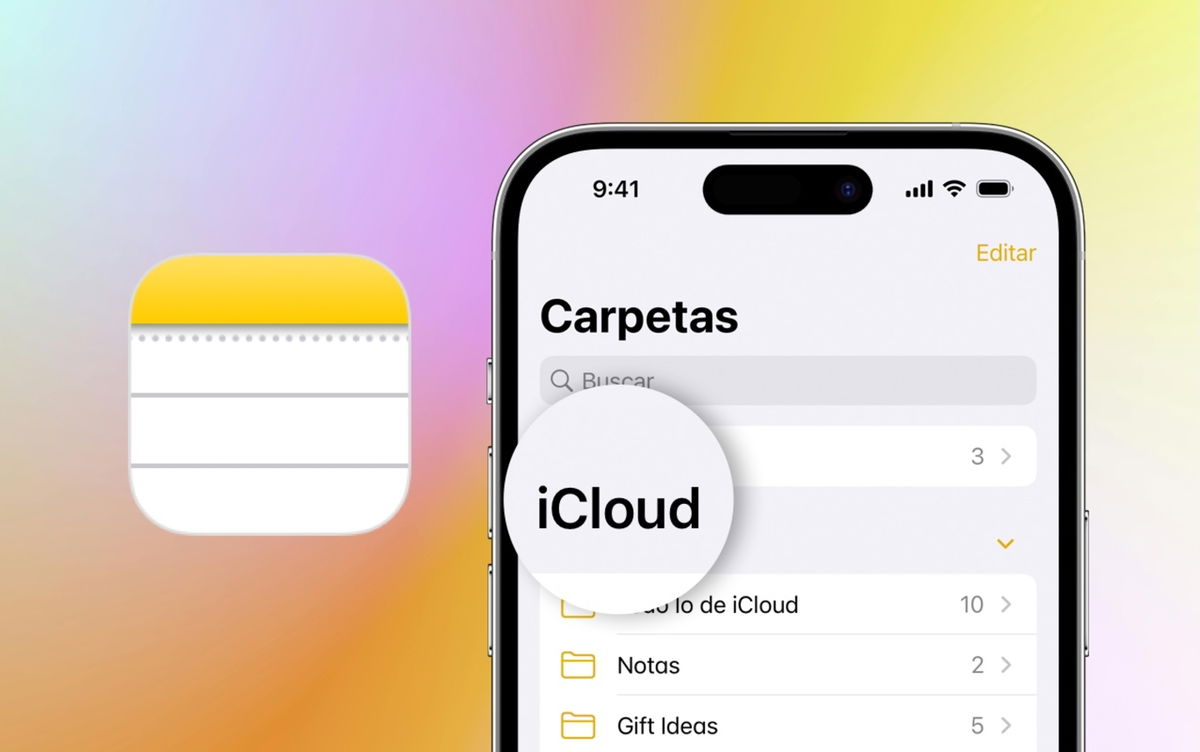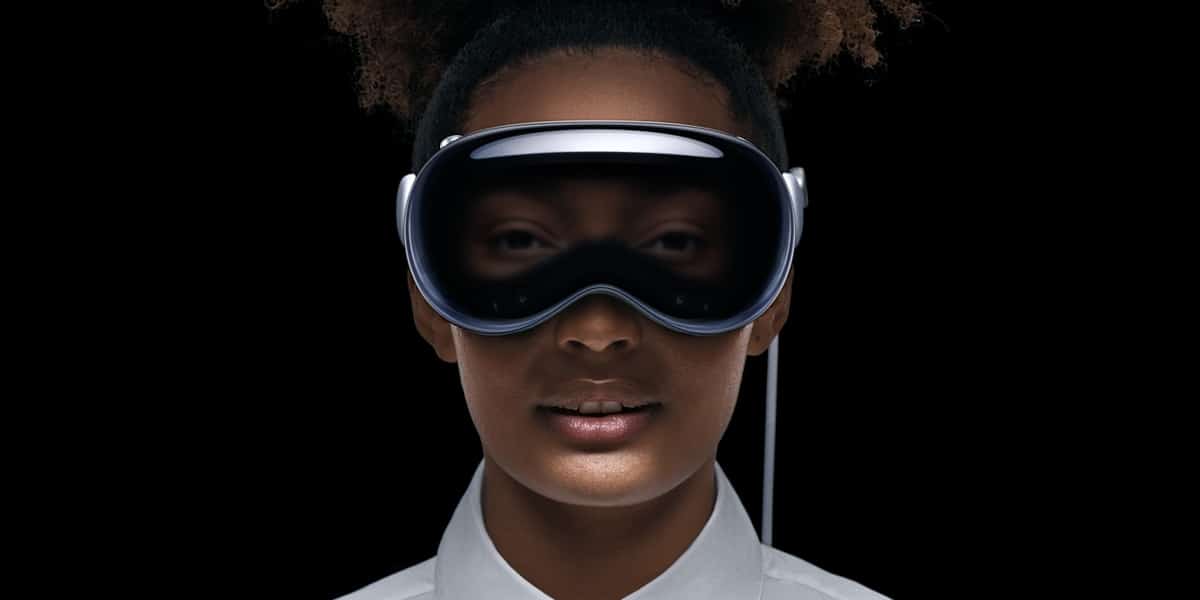Fuchsia operating system This is a Google operating system that has been in development for years. On paper it seemed like the natural successor to Android, but so far none of that has happened. It is only available – to the public – on Google’s Nest speakers, which first saw their updates stop and then resume them with the Nest Hub as the epicenter.
At the beginning of last year, we learned that several Google teams had been eliminated, including Fuchsia OS with one in six workers excluded from the project. This has been a summary until today of the future of this operating system, which unsurprisingly receives another piece of bad news: Google won’t give you a full browseri.e. Chrome won’t arrive after all.
One more step towards the fall of Fuchsia OS
The development of this operating system remained in the shadows for many years, and everything indicated that it would end up being important for the Mountain View company. Three years ago, we knew that the Chromium team (the free development of what we call Google Chrome) was I am working to offer you a complete browserand a few months later he was seen in action.


The demonstration, taken up by 9to5Google, ensured that the browser could run smoothly on a device with Fuchsia. This is not new either, since the Chromium project is closely linked to this Google experience, for example in smart screens with a built-in browser version.
In the end, it was nothing more than a “minimal experience”, but Google decided to implement all Chromium code in Fuchsia OS. In the eyes of the world, it was a clear indication that this would be the reference operating system for the tech giant, and it was bet that it would even replace Android.
In fact, more than on mobile phones, where there were all the features of a landing, it is on laptops, with the Pixelbook ringing loudly. However, not everything goes as planned, and after last year’s layoffs, Google has changed the course of this platform
Back to the Chrome experience for Fuchsia OS: the evidence in the Chromium code leaves no doubt. This states that “Chrome browser in Fuchsia will not be supported”, extinguishing any hope of seeing it in Google’s operating system.
What explanation does this have? Well, the post cites that the work to bring Chrome to Fuchsia OS was considered “an experiment”, which is “no longer used.” Remember that this system could have been the company’s workstation, a place to test its new software advances.
However, it won’t be that either, remaining only a minimalist “workbench” designed for developer testing. In short, it won’t be a platform for users, or at least that’s what Google says:
It is intended to be like a literal workbench that supports developer tools and allows a developer to walk through the system and make changes. It is not intended to be a product distributed to users or a basis for such products.
This name change, from “workstation” to “workbench”, only indicates that Google has no intention to launch desktop or mobile devices in the near future. Of course, the Nest Hub line will continue to receive scheduled updates, including new web features, as usual until now.
But it is undoubtedly another blow to all those who had certain hopes in this operating system like alternative to Android. Fuchsia OS is still missing, and is neither here nor expected, although in this industry you never know when things might change.
By | 9to5Google
In Xataka Android | Tizen, Windows Phone, Symbian and more: the operating systems that took on Android and ended up being forgotten









